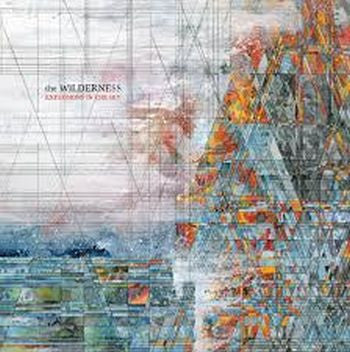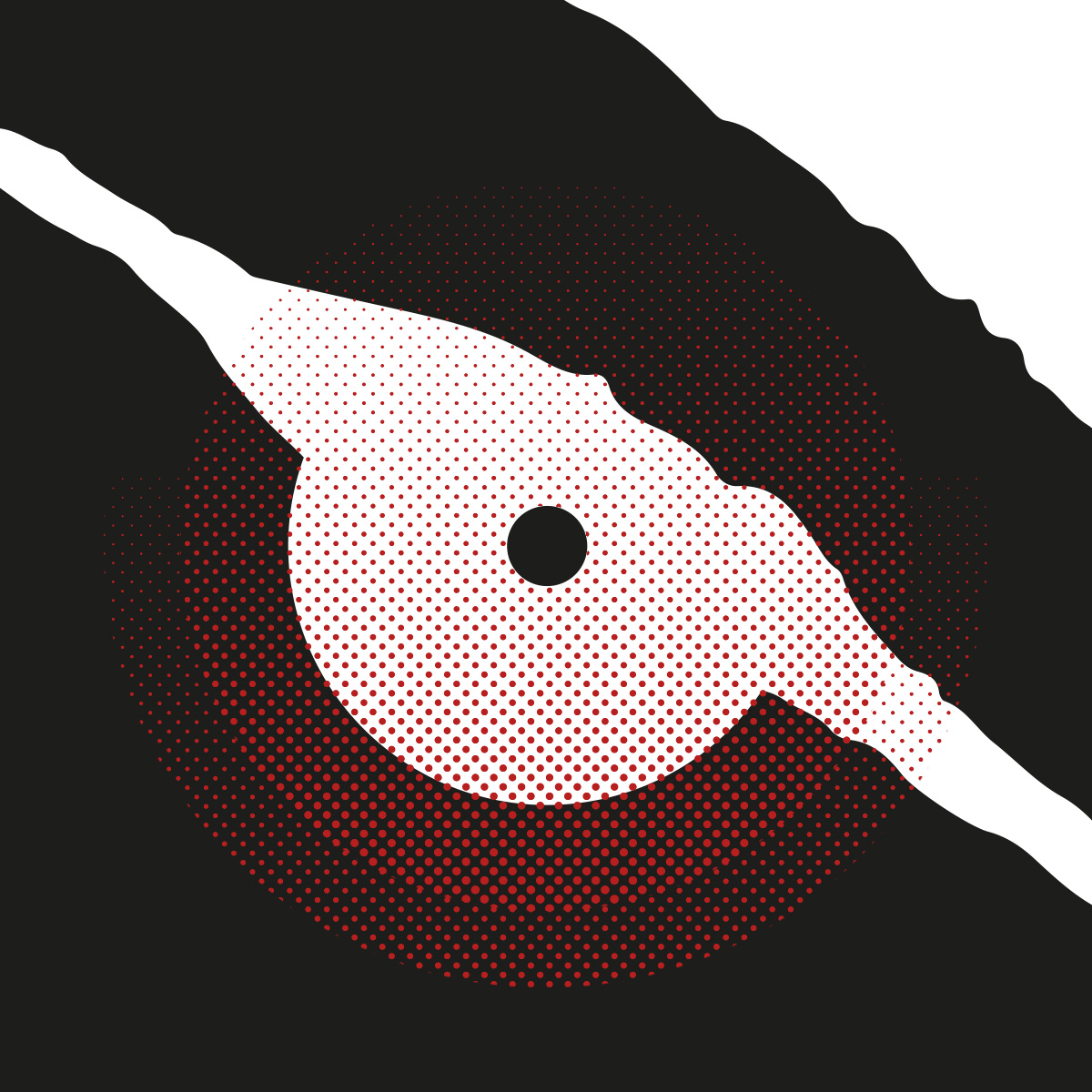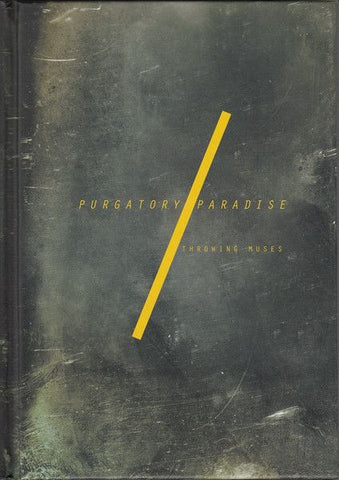
Bella Union
EXPLOSIONS IN THE SKY - The Wilderness 2LP
Explosions in the Sky are the kind of band that you think about in terms of scale. There is the sheer size of their songs, but also of the group: They've sold out Radio City Music Hall and play larger concert halls (which is surprising for a rock band without a vocalist); they famously soundtracked "Friday Night Lights," a number of motion pictures, and their songs shows up on dozens of television shows. But their sixth album, The Wilderness, the first non-soundtrack collection since 2011's Take Care, Take Care, Take Care, feels remarkably small. Shifting inward and turning their gaze toward minutiae, the group still manages to create something that resonates in as grand a way, just via different means, and it's their best since 2003's The Earth is Not a Cold Dead Place.
Like Cold Dead Place, The Wilderness gives you a sense of a landscape, but instead of a march towards a vast horizon, it feels like burrowing in to escape the cold. Those signature crescendos and climaxes are present, but just as often you find yourself contemplating near-silent electronic details or wisps of sound. On first listen The Wilderness sounds almost like a whisper; as you do dig in, the details grow and resonate. It's like taking a pause on a hike and realizing just how many sounds there are in what seemed like silence. The Austin band has been around since 1999, and you get the sense that they're searching for new paths to achieve their original goals.
For the most part, the songs feel segmented and self-contained, standalone compositions instead of pieces of an overall fabric. They return time again to distorted drums that sometimes feel like echoes in a cave, other times like a crumbling landslide, while the guitars are generally crystalline and precise, sometimes taking on the texture of strings. It resembles Inventions, guitarist Mark T. Smith's more electronic side project with Eluvium, blended with Explosions' usual dramatics.
"Disintegration Anxiety," which opens with chopped sounds, is the album's big anthem, and they take their time getting there; it's the fifth song out of nine. It's fitting that the title evokes the title of the Cure's landmark 1989 record—there's a similar sense of longing and a beautiful darkness at work here, too. You find the same atmosphere on "Losing the Light" as well—the quietest, most subterranean song on the album, it almost resembles a classical work or something by Tim Hecker, and it feels like spelunking in the dark and coming upon cluster of diamonds that help light your way.
The music is rarely "driving" in the usual sense of the group—it's meditative and okay with staying in one place. "The Ecstatics," for instance, has clicking, slow-motion electronic drums and the same bright, clean guitar as a number of the tracks, and moves in an aqueous slow motion with cold electronics that sound like fizzing water. There are upbeat moments, like "Tangle Formations," or "Infinite Orbit," which at first feels amorphous and ambient before suddenly catching fire. When it does finally open up, the effect is stunning.
Because the group has done so much soundtracking, it's difficult when listening to The Wilderness not to think of images that could go with these songs. Instead of making music for dramatic moments in football games, we're getting sunsets you'll remember a decade later, stumbling first kisses, half-heard car alarms during a comforting dream, that horribly unreal and frozen moment when you first hear a friend has died, walks alone at dusk, laying on your back and watching the constellations with the person you want to grow old with, the calm of seeing a loved one sleep. These songs feel personal. They tug at important moments. It's a quietly masterful, emotionally rich work. Of all their records, it's ultimately the one that sounds the most like the image their band name evokes. But you're watching from a distance, and paying more attention to the person next to you than those colors smearing against the clouds overhead.




